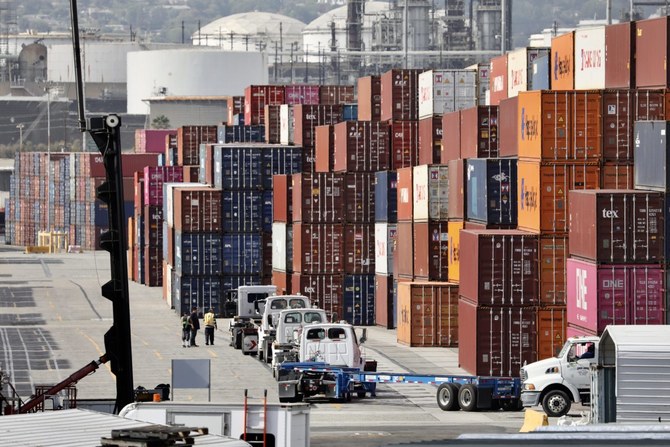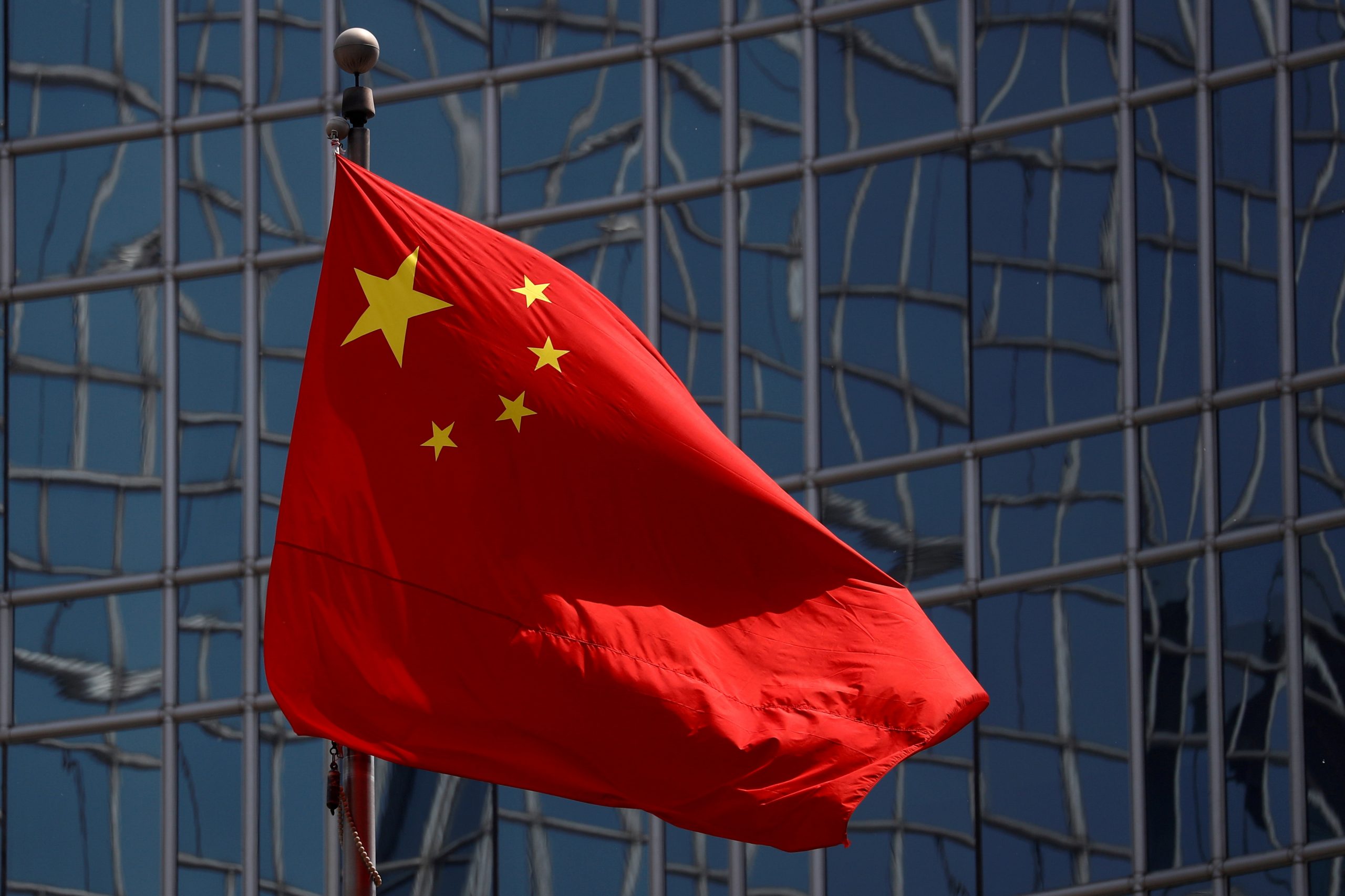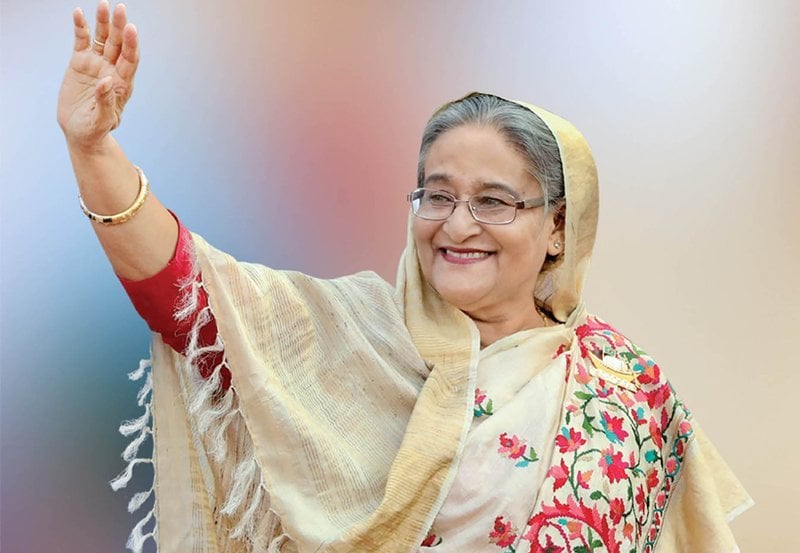Abdel Fattah el-Sisi returned as president of Egypt in the election held at the end of 2023, winning a third term with 89.6 percent of the votes in favour of the incumbent.
That el-Sisi was going to secure a victory in the December poll was never really in doubt, according to analysts and Egypt watchers.
Second-place candidate Hazem Omar, of the People’s Republican Party, only managed 4.05 percent of the vote, with the third-place candidate coming in with a similar figure. El-Sisi’s most serious challenger, former Member of Parliament Ahmed al-Tantawy, as well as chair of the Dostour Party, Gameela Ismail, both withdrew after failing to secure the endorsements needed to run.
Ismail withdrew due to what her supporters claimed was a divided opposition, and al-Tantawy because of what he said was the intimidation of his supporters. Egypt’s National Election Authority said al-Tantawy’s accusations were baseless.
“People chose President el-Sisi because of his experience in overcoming security challenges,” political analyst Gamal Abdel-Gawwad subsequently wrote in state-owned newspaper Al Ahram Weekly.
“After all, he was a former minister of defence and head of military intelligence.”
Voter turnout
While victory may have been expected, addressing low voter turnout was a priority for el-Sisi.
In 2014, only 47.5 percent of the population turned out to vote, four years later, only 41.5 percent made it to the polling station, potentially undermining the impact of el-Sisi’s victories.
This year’s final figure of 66 percent, remarkable given the absence of alternatives, did not come about by accident or because people were anxious to make their voices heard about the crushing economic crisis.
While el-Sisi has never aligned himself with a political party, in recent years the Mustaqbal Watan Party has increasingly positioned itself as his closest political ally, using its dramatic 2020 landslide win to demonstrate unflagging support for the president.
Likewise, other pro-regime parties, such as Homeland Defenders Party and the Republican People’s Party appear to have been embraced, being encouraged to wave the flag and get the vote out in the recent poll.
“The election was in some ways a test for whether the now-revamped political machine the regime has been building for years will be able to deliver what the Sisi regime couldn’t deliver in prior electoral contests on its own,” Hesham Sallam of Stanford University said in emailed comments about the increased turnout.
“Since the 2020 [legislative] election, Mustaqbal Watan has been stuck in this ‘political friend-zone’ with Sisi, where he is clearly relying on it as his primary political arm but will still not recognise it as his official ruling party.

















